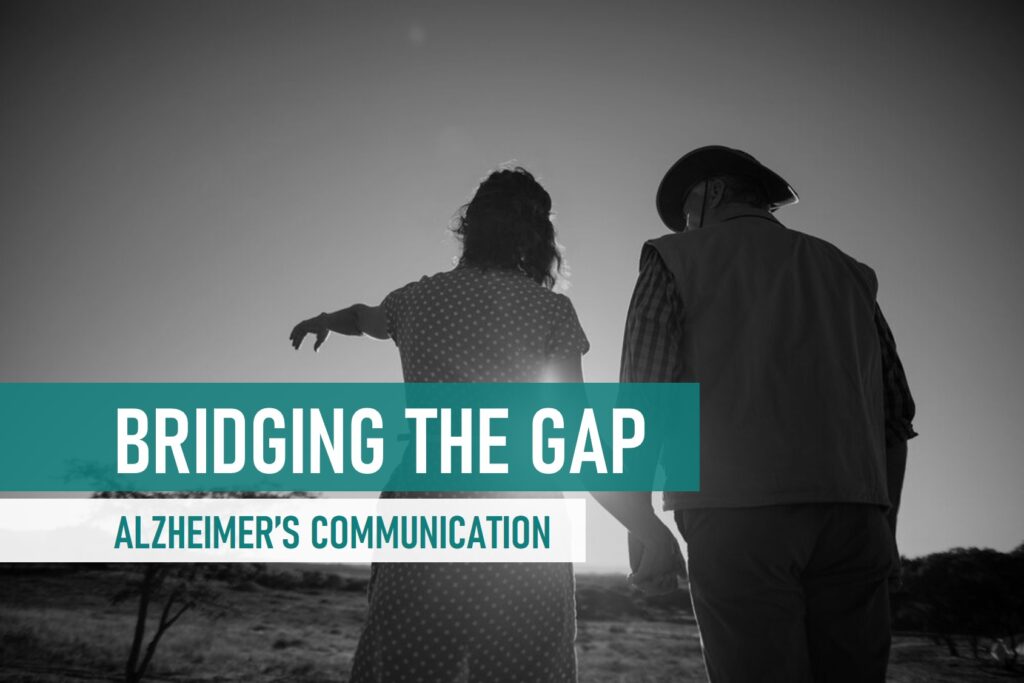Alzheimer’s disease, a progressive form of dementia, can significantly impact a person’s ability to communicate. This can be frustrating and isolating for both the person with Alzheimer’s and their loved ones.
The good news is that with some adjustments and strategies, effective communication remains possible.
Understanding Communication Challenges in Alzheimer’s
As Alzheimer’s progresses, people may experience difficulties with:
Finding words: They may forget common words or struggle to express themselves clearly.
Following conversations: Rapid speech or complex topics can be overwhelming.
Understanding abstract concepts: Humor, sarcasm, or figurative language can be confusing.
Staying focused: They may get easily sidetracked or lose their train of thought.
Communication Strategies for Success
Here are some tips for communicating effectively with someone who has Alzheimer’s:
Focus on nonverbal communication: Maintain eye contact, use facial expressions and gestures, and offer a reassuring touch.
Speak slowly and clearly: Use short, simple sentences and avoid complex vocabulary.
Be patient and allow extra time: Give the person time to process information and formulate a response.
Focus on feelings, not facts: Acknowledge their emotions and validate their feelings.
Use prompts and cues: Offer pictures, objects, or familiar routines to trigger memories and aid communication.
Break down tasks into smaller steps: Provide clear instructions one step at a time.
Minimize distractions: Find a quiet, calm environment for conversation.
Validate their reality: Don’t argue about their perceptions, even if they seem inaccurate.
Focus on the present: Reliving the past can be overwhelming. Engage them in activities they enjoy in the moment.
Maintain a positive and respectful tone: Avoid condescension or frustration.
Remember, communication is a two-way street: Listen attentively to their verbal and nonverbal cues.
Additional tips
Involve family members and caregivers: Develop a consistent communication approach that everyone can use.
Celebrate small victories: Focus on positive communication moments and acknowledge their efforts.
Take care of yourself: Caring for someone with Alzheimer’s can be emotionally draining. Seek support groups or respite care to avoid burnout.
By understanding the communication challenges associated with Alzheimer’s and adopting these strategies, you can maintain meaningful connections with your loved one and navigate this journey together.
If you are concerned about yourself or a loved one experiencing memory problems, consult a neurologist or Alzheimer’s disease specialist in Ahmedabad. Early diagnosis and intervention can significantly improve quality of life for those living with Alzheimer’s disease.
Source/s: Banner image by freepik.com

